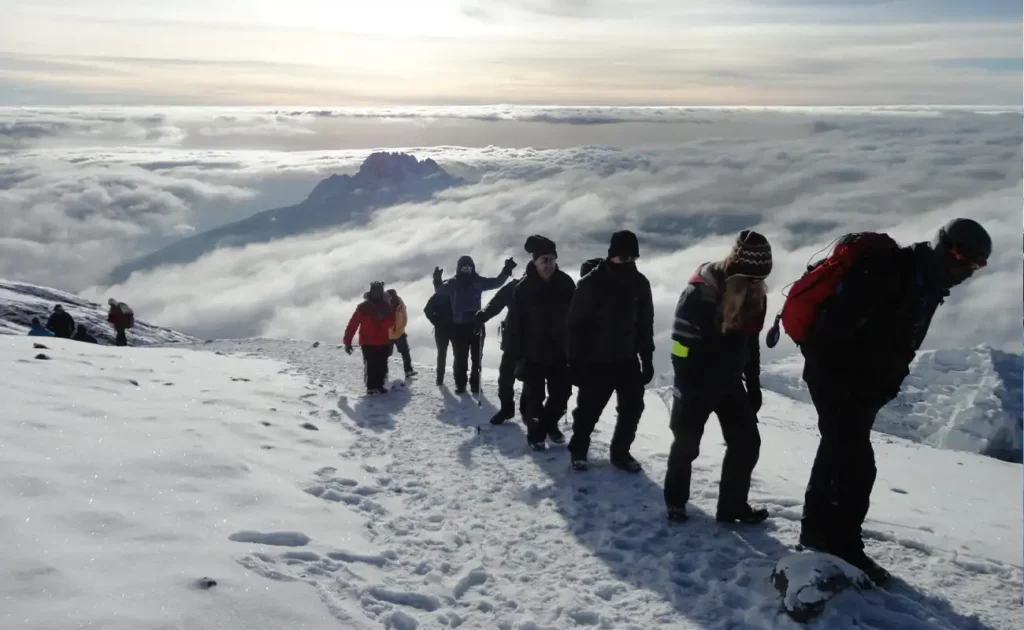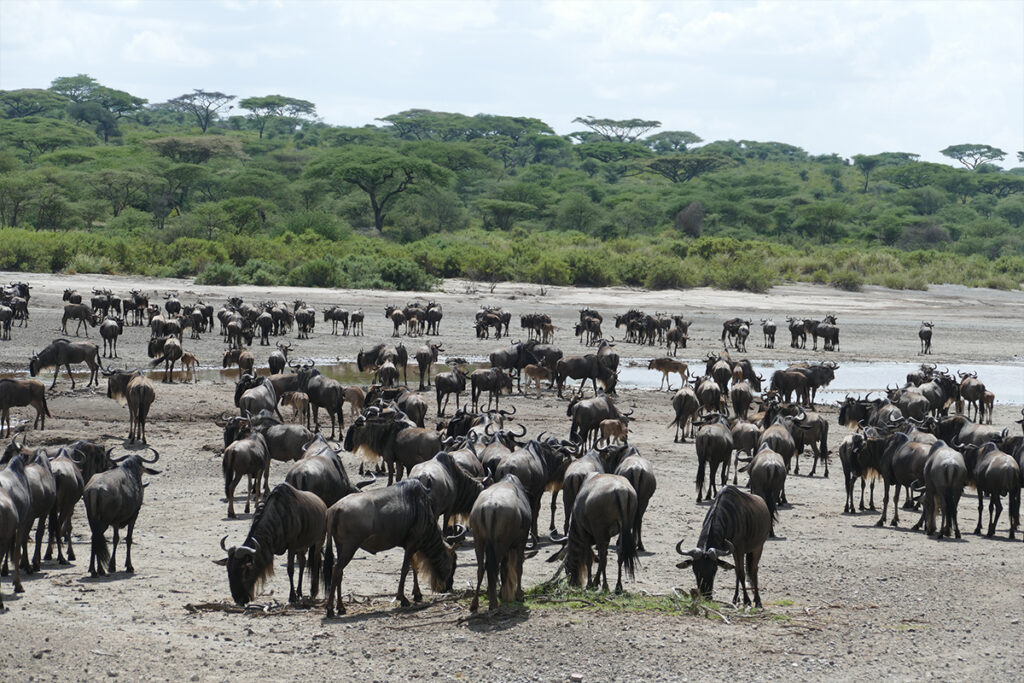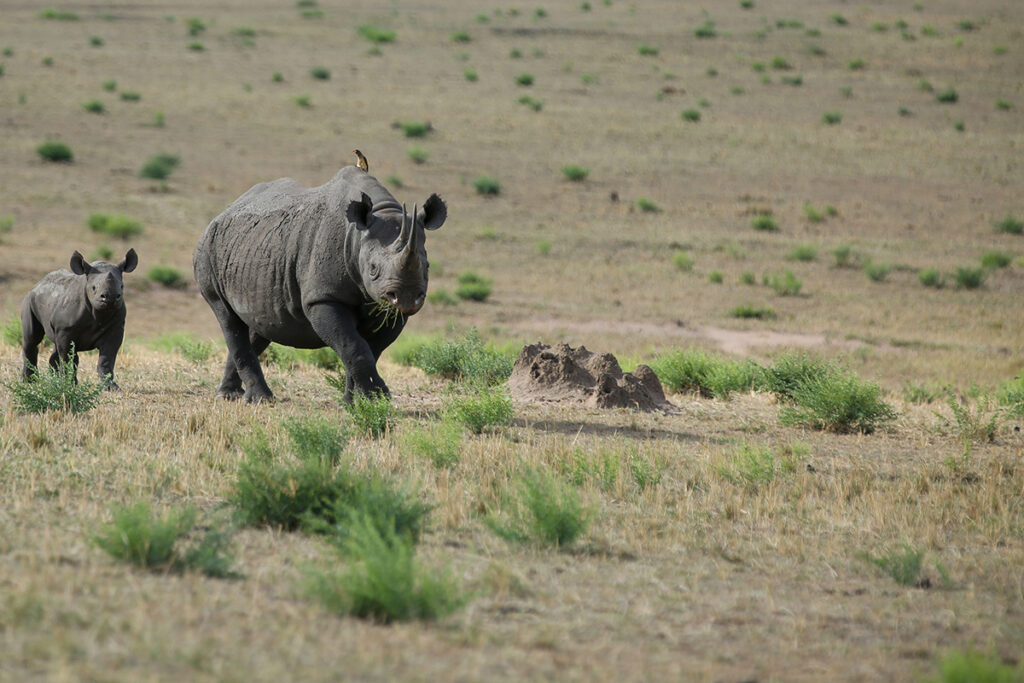Planning your 2026 Tanzania safari might be more strategic than you think. The timing of your adventure can greatly influence the experience, whether it’s witnessing the grandeur of the Great Migration or enjoying tranquil moments in lesser-known reserves. Knowing the best months for ideal wildlife sightings and optimal weather conditions can make all the difference.
Throughout the year, Tanzania offers diverse safari experiences driven by seasonal changes. Traditionally, the dry months from June to October are renowned for their spectacular game viewing, especially in the Serengeti and Ngorongoro Crater. Conversely, the “green season” from November to May provides lush landscapes, lower rates, and an abundance of migratory birds, creating unique photo opportunities.

Best Time to Reserve Your 2026 Tanzania Safari: A Seasonal Guide
Timing is crucial when planning a Tanzania safari to maximize your wildlife viewing experience. The dry season, from June to October, is highly recommended due to easier spotting of animals gathering around water sources. Safari travelers often enjoy cooler temperatures and fewer mosquitoes during this period. However, it’s essential to book early, as these months are peak season and accommodation fills up fast. Many visitors agree that planning ahead ensures the best lodgings and safari options.
On the other hand, the green season stretching from November to May presents a different yet equally captivating experience. The landscapes are lush and vibrant, offering spectacular views ideal for photography. According to this post, traveling during these months often means lower rates and fewer crowds. Bird watchers especially find this time rewarding, with migratory birds in abundance. The calving season in February is also perfect for witnessing new life in the Serengeti.
If you’re looking to avoid the crowds without compromising on wildlife sightings, consider the shoulder seasons. April and May, though wetter, can still provide excellent experiences without the high number of tourists. Here is the article that indicates the best offers during these months, making it a budget-friendly choice. Lodges often have special deals to attract visitors during the quieter months. Therefore, flexibility in your travel dates can result in significant savings and a more personal experience.
Regardless of when you plan to visit, advanced booking with Sia Yangu Safari guarantees the best experience. Our team provides tailored advice and updates on wildlife movements ensuring you get the most out of your trip. Early reservations also allow for better preparation and securing spots in popular campsites. For those interested, our expert guides share insights on seasonal highlights and must-see locations. Remember, a well-planned safari is key to an unforgettable adventure.
1. Optimal Wildlife Viewing Seasons
June to October is known as the optimal period for wildlife viewing in Tanzania. During this dry season, animals cluster around scarce water sources, making them easier to spot. The Serengeti, famous for the Great Migration, showcases massive herds of wildebeest and zebras. Ngorongoro Crater, another prime location, also offers a concentrated area of wildlife during these months. It’s a photographer’s dream with clear skies and stunning landscapes.
Another excellent window is January to March when the Great Migration moves into the Southern Serengeti. This period is also the calving season, a magical time to witness new births. Predator activity spikes, offering rare glimpses of lions, cheetahs, and hyenas in action. According to experts, this time is favored by those looking to see the cycle of life in the wild. Unlike the peak dry season, fewer tourists venture out during these months.
For bird enthusiasts, the green season from November to May can’t be missed. This wet season brings in migratory birds from Europe and Asia, making it ideal for bird watching. The countryside turns lush green, creating a beautiful backdrop for any safari adventure. Many rare species are easier to spot against the vibrant flora. It’s a different kind of experience that bird lovers truly appreciate.
If you’re flexible with travel dates and looking to avoid crowds, consider the shoulder seasons: April and May. While these months are wetter, they still offer good wildlife viewing opportunities with fewer tourists. Many lodges and camps offer special discounts during this period, making it budget-friendly. The scenery is breathtakingly green, perfect for photography enthusiasts. Early planning can save money and ensure a more intimate safari experience.
2. Weather Considerations and Travel Comfort
Understanding the weather is vital for a comfortable safari experience. Tanzania’s climate varies across the country, with distinct wet and dry seasons. The dry season from June to October boasts clear skies and cooler temperatures. It’s the best time for uninterrupted wildlife viewing and outdoor activities. The evenings can get quite chilly, so packing layers is recommended.
Conversely, the wet season from November to May brings lush landscapes and occasional downpours. The rain revitalizes vegetation, making the scenery exceptionally beautiful. However, heavy rains can lead to muddy trails and difficult driving conditions. Many tourists prefer to avoid this season due to the potential inconvenience. But, this period is also quieter with fewer crowds, which some find appealing.
- Dry Season (June-October): Ideal for game viewing, cooler temperatures.
- Wet Season (November-May): Lush landscapes, potential for heavy rains.
- Shoulder Seasons (April, May): Fewer tourists, special discounts.
Climate varies in different regions, affecting travel plans significantly. Coastal areas, including Zanzibar, experience higher humidity and warmer temperatures year-round. Inland safari regions like the Serengeti have more moderate temperatures. Watching the weather reports for your specific destination can help in packing and preparing. Flexibility in your plans can also accommodate unexpected weather changes.
Why Early Planning Enhances the Safari Experience
Early planning of your safari trip can significantly enhance the overall experience. Securing accommodations months in advance ensures you have the best options available. This is especially important during peak seasons when lodges get fully booked quickly. According to many travel experts, booking ahead allows for more flexible itineraries. Customized safaris tailored to your interests often require advance preparation.
Another advantage of early planning is cost savings. Airlines and lodges frequently offer early bird discounts for bookings made several months ahead. This can make a high-quality safari more affordable. Additionally, availability in luxury lodges or exclusive camps increases with early booking. Knowing your schedule well in advance also allows for better budgeting.
One of the greatest benefits of planning ahead is the peace of mind it offers. With all logistics sorted, you can focus on enjoying your adventure. There’s no last-minute scrambling to find accommodations or flights. This allows you to immerse yourself fully in the experience. Coordinating special activities like hot air balloon rides or guided walking safaris also becomes easier.
Early planning also means more informed choices regarding the best time to visit. Researching and consulting with experts like Sia Yangu Safari can help determine the ideal season for your interests. Whether it’s witnessing the Great Migration or bird watching, timing can be crucial. This ensures you visit during periods of peak wildlife activity. It also helps in avoiding unfavorable weather conditions.
- Accommodations: Better availability, flexibility
- Cost Savings: Early bird discounts, affordable luxury
- Peace of Mind: No last-minute hassles, full immersion
- Informed Choices: Best timing, expert advice
In summary, early planning sets a strong foundation for a memorable and stress-free safari. By booking in advance, you gain more control over your itinerary. From securing the best accommodations to ensuring you visit at the optimal time, early planning offers numerous benefits. Don’t wait until the last minute; start planning your 2026 Tanzania safari today. This proactive approach guarantees an enhanced and enjoyable experience for all.



